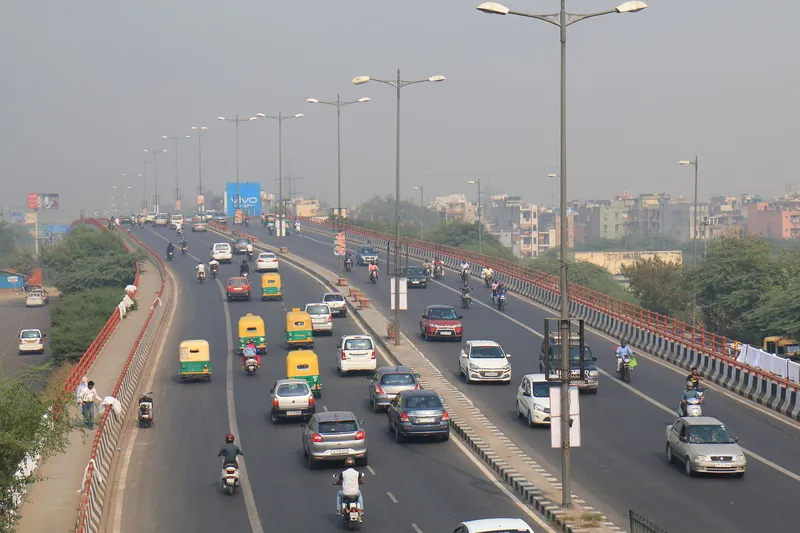
Autonomous vehicles are coming: most US municipalities (93%) think they will need to be ready for driverless AVs on their streets in the next five years.
That is among the key findings from research by Verra Mobility Corporation, which also found that 52% of city technology leaders surveyed would want to use artificial intelligence (AI) to identify road safety priorities.
The survey of tech leaders in cities of all sizes was conducted by Wakefield Research.
"This study confirms that cities are balancing many challenges during this exciting transition period in the transportation industry, and technology is at the heart of the solution," said David Roberts, Verra president and CEO.
"Autonomous, connected, electric and shared mobility elements have already arrived in some form and are continuing to evolve. While AI shows a lot of promise, our survey revealed cities are still struggling to collect or analyse the data they need to make informed mobility decisions. City technology leaders need to harness these trends at a pivotal time when fatalities on US roads are at a nearly 16-year high."
The survey also found:
55% of municipal tech leaders have "reducing road safety incidents" as a top three priority for tech-based solutions.
43% report their jurisdiction has deprioritised support for EV infrastructure because consumer demand for the technology hasn't kept up with predictions.
81% anticipate some systems will need to be updated before they're ready to incorporate connected vehicles technology into their mobility initiatives.
The influx of e-bikes, e-scooters, and other shared vehicles has complicated technology-focused mobility efforts for 84% of municipalities.
73% face analysis barriers that prevent them from using their data to implement or improve their mobility and safety initiatives.
"While survey respondents indicated the urgency in preparing for AVs, the reality is there will be human-driven vehicles on our roads for decades to come," said Roberts.
"And even as AVs become a more common fixture on our roads, we'll discover new safety challenges as human drivers interact with advanced machines. Our survey findings emphasise the need for city leaders, automotive manufacturers, technology providers and safety advocates to come together to find ways to make transportation easier, more efficient and much safer than it is today."








